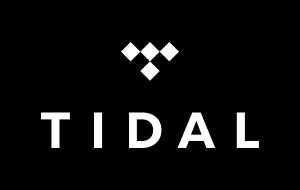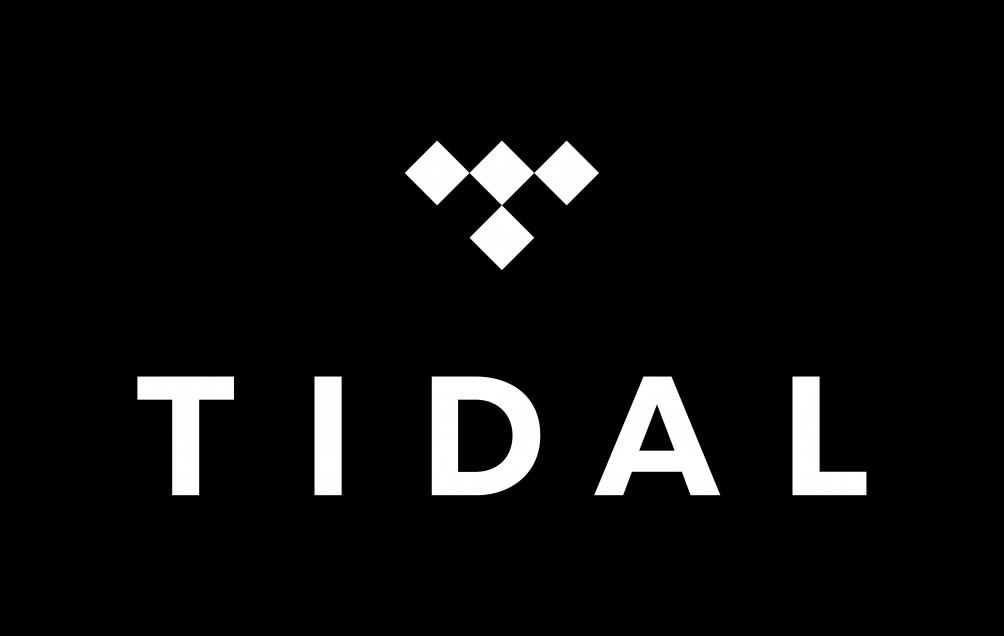 The Tidal launch event was nothing short of strange, awkward at times, and seemingly the first ever broadcasted Illuminati meeting.
The Tidal launch event was nothing short of strange, awkward at times, and seemingly the first ever broadcasted Illuminati meeting.
Between Jay Z saying Tidal would “change the course of history” and Beyoncé adding that “Every great movement started with a group of people being able to get together and really just make a stand,” the launch event was full of cryptic, ambitious claims that were never fully explained or justified through any kind of facts.
In January, Jay Z purchased Tidal, a streaming music service much like it’s competitor Spotify, for $56 million. Tidal offers a $10 per month plan equivalent to Spotify and Tidal HiFi, a $20 per month plan, which streams lossless audio. Since the music is not compressed into a smaller size and quality like MP3s and AACs the end result sounds better. Tidal Hifi has better quality than Spotify, but is quality worth an extra $10 a month when most listeners are not able to tell a difference?
Jay Z, and the long list of music superstars including Nicki Minaj, Kanye West, Daft Punk and Madonna who have a stake in Tidal, must realize that the majority of listeners will not pay extra for improved quality because we live in a world dominated by cheap Apple earphones and people who are fine with YouTube MP3 downloads. Hifi streaming, although one of the flagship features of Tidal, is likely not these artist’s main concern for buying Tidal as that feature alone won’t sway the average consumer from Spotify.
Tidal has been tagged the service for artists by artists, and executes on this through higher royalties to artists than other streaming services and easier access for distribution to indie artists. Consumers won’t switch over to a new service or sign up just because artists are better compensated. If there is nothing in it for the consumer, they simply will not change.
Since Tidal is not willing to compromise on price, they have to bring something else to the table. Exclusive content from artists is the best way to incentivize consumers to switch or join. The exclusivity, amount and quality of the content will determine if the exclusive content is enough to win people over. Already, Beyoncé has exclusively released a video of her performing a new song, “Die With You,” in her home, and Rihanna has exclusively released a new song and video, “American Oxygen,” off her upcoming album. Also, Jay Z, who does not currently have a record deal, has removed his album Reasonable Doubt from Spotify , but it remains on Tidal.
Of course, the content needs to be compelling, like Rihanna’s latest single, but the level of exclusivity is vital too. If the song or album exclusively released on Tidal is available on iTunes or even Spotify a week or two after, people will just wait for the content to become nonexclusive. If people can only get their favorite artist’s music through Tidal, the incentive to sign up or switch up from Spotify will increase immensely.
In the digital age where record labels aren’t necessary to be successful, Tidal can act as a distribution deal, where artists keep 70 percent, in addition to offering artists more interactivity with their fans through exclusive content and more control over it.
While this service benefits artists with less contracts and more money, Jay Z and his league of super artists are the true winners. Each will receive more money from their own music and part of the 30 percent cut from other artists on Tidal, effectively making the music industry “signed” to all of them.
Tidal may benefit artists and consumers, but it’s benefit as a business deal to the invested artists may be even bigger if they can use their brands and exclusive content to leverage consumers to join.
